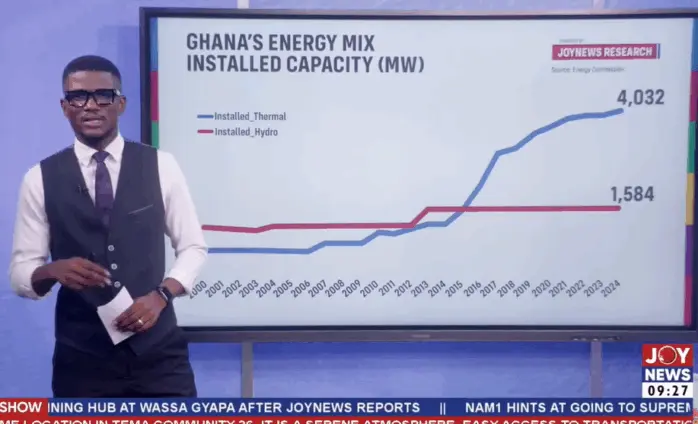Accra, Ghana – Isaac Adongo, a board member of the Bank of Ghana, has assured Ghanaians that the government is actively working to replace the controversial COVID-19 levy with a more effective and just Value Added Tax (VAT) system. Adongo’s comments come at a time of increasing public debate over the levy, which many citizens and civil society groups view as an unfair burden. Speaking on PM Express, Adongo sought to address public skepticism, arguing that comprehensive tax reforms are underway to create a VAT regime that both bolsters government revenue and provides much-needed relief to the populace.
The promise to scrap the COVID-19 levy was a key talking point for many during recent political campaigns. Now, the focus is shifting to what a reformed VAT system might look like and how it will address the concerns raised about the existing levy. The transition, Adongo suggests, is not a simple repeal but a carefully considered overhaul.
“We haven’t failed,” Adongo asserted, emphasizing that the COVID-19 levy is not being ignored but is currently under review as part of a broader fiscal strategy.
Adongo outlined the government’s approach to tax reform, stating, “We are doing a holistic review of VAT plus the COVID levy to arrive at a tax regime that helps us raise the needed revenue whilst at the same time giving Ghanaians the relief that we promised them.” This suggests a move towards a more nuanced approach to taxation, balancing the need for government funding with the economic realities faced by ordinary Ghanaians.
The implementation of structural reforms, especially those concerning taxation, inevitably requires time. Adongo explained that the detailed processes required to arrive at a proper and sustainable solution are still ongoing. “It is just that the time to do that, and the activities that we have lined up, and the processes to arrive at a proper solution, are not done yet,” he said, appealing for patience as the government navigates the complexities of tax reform.
The pressure on the government to repeal the COVID-19 Health Recovery Levy has been mounting, with civil society groups, businesses, and individual citizens all voicing their concerns. The National Democratic Congress (NDC), a major political force in Ghana, campaigned on a platform that included scrapping the levy, arguing that it placed an undue burden on the population.
Beyond simply removing a tax, Adongo envisions a fundamentally improved system. “We are not just interested in removing a tax,” he stated. “We are interested in building a modern VAT system that is fair, efficient, and supports our development goals.” This ambition suggests a long-term vision for Ghana’s tax infrastructure, aiming to create a system that not only generates revenue but also fosters economic growth and social equity.
Adongo’s statements offer a glimpse into the government’s strategy for tax reform in Ghana. The promise of a robust and equitable VAT system is central to this vision, providing a potential pathway to address the shortcomings of the COVID-19 levy. Whether this reform can effectively balance revenue generation with the economic needs of Ghanaian citizens remains to be seen, with the coming months poised to be crucial in determining the success of the government’s commitment to a better tax regime.
Image Source: MYJOYONLINE






















